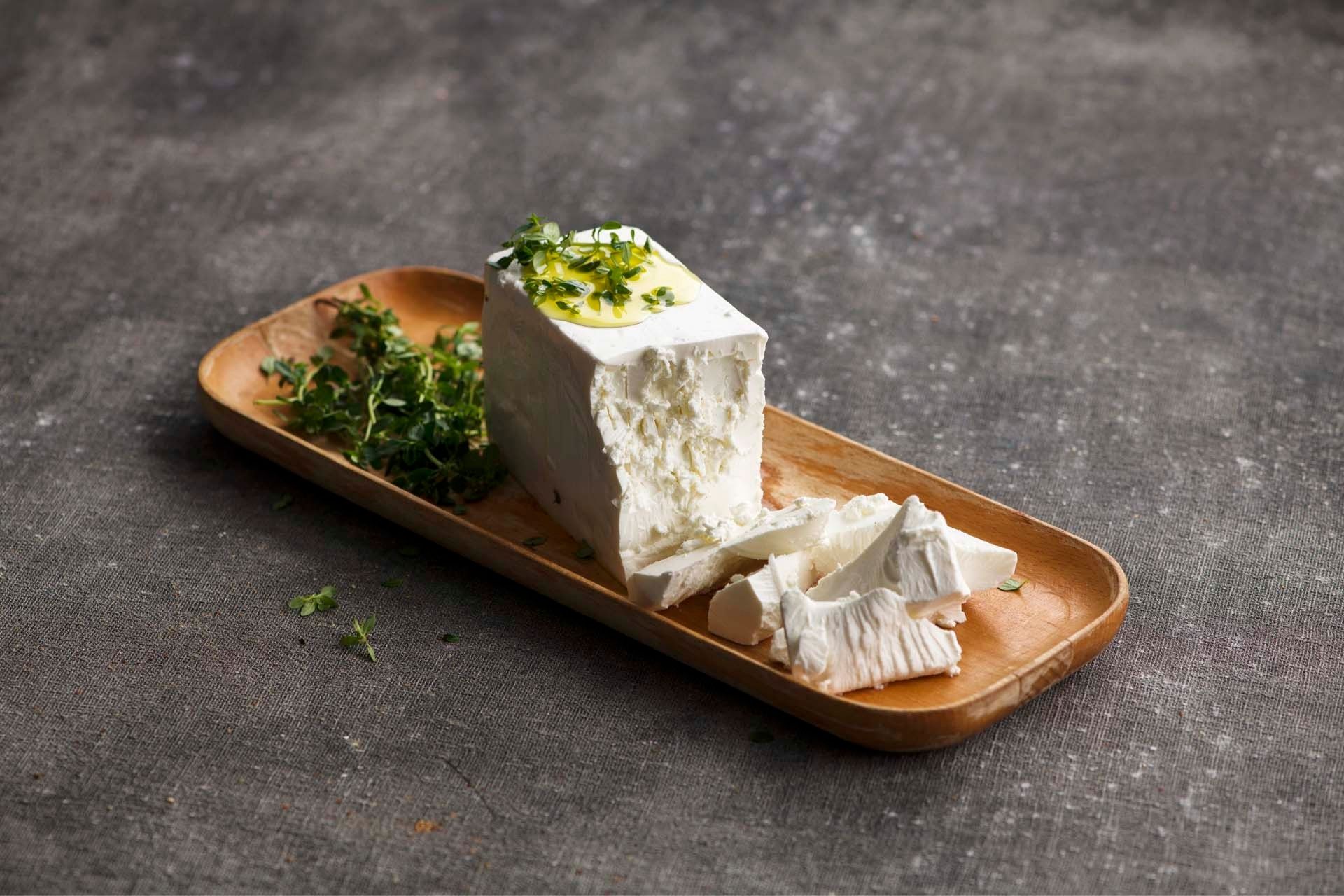Cheese Makers Melbourne: Crafting best Cheeses Locally
An Extensive Consider Cheese Production: Components, Approaches, and the Future of Artisan Cheeses
The elaborate process of cheese manufacturing is a remarkable convergence of art and science, where high-quality milk, rennet, and details microbial societies offer as fundamental elements. As the sector increasingly focuses on sustainability and openness, the future of artisan cheeses guarantees to mirror both heritage and development.
Key Components in Cheese Manufacturing
A selection of necessary components play a pivotal duty in cheese manufacturing, each contributing to the last item's taste, structure, and personality. The key component in cheese is milk, which can originate from different resources, including cows, goats, and lamb - cheese store melbourne. The sort of milk used substantially affects the cheese's taste and uniformity; for example, cow's milk commonly produces creamier cheeses, while goat's milk often generates appetizing varieties
An additional critical active ingredient is rennet, an enzyme utilized to curdle the milk, separating it into curds and whey. The resource of rennet can be animal, veggie, or microbial, each presenting unique characteristics to celebrity. Societies, consisting of specific stress of bacteria, are likewise integral to the cheese-making process. They ferment lactose into lactic acid, assisting in taste development and texture.
Salt not only boosts the taste however also serves as a chemical, hindering the growth of undesirable microorganisms. In addition, numerous flavor agents, such as herbs, seasonings, or even smoked wood, can be included in create unique artisanal cheeses. With each other, these components develop the structure of cheese manufacturing, establishing the phase for varied and rich cheese ranges.
Typical Cheese-Making Methods
Making use of standard cheese-making methods, artisans around the world preserve classic techniques that have been passed down through generations. These methods frequently stress the usage of premium, in your area sourced milk, which is main to the distinct flavors and textures of artisanal cheeses. The process typically starts with the cautious home heating of milk, adhered to by the enhancement of societies and rennet to facilitate coagulation.
As soon as the curds create, they are reduced, permitting whey to drain, a crucial step that influences moisture content and structure. Salting is an important aspect of this procedure, improving taste while likewise acting as a chemical.
Aging, or affinage, is another vital component, during which cheeses create their characteristic fragrances and preferences. Artisans might utilize details aging environments, using moisture and temperature level controls to fine-tune the cheese's profile. The commitment to these standard techniques not only sustains neighborhood economic climates yet additionally adds to the rich diversity of cheese selections found globally, celebrating social heritage and artisanal craftsmanship.
Modern Technologies in Cheese Production
Just how have technical advancements transformed cheese manufacturing in current years? The assimilation of modern technology has actually changed both the performance and quality of cheese manufacturing.
Additionally, innovations in microbiology have actually made it possible for cheesemakers to choose details microbial cultures and enzymes, maximizing flavor profiles and enhancing shelf life. Using sensing unit modern technology for checking fermentation problems has actually likewise become prevalent, allowing for real-time changes to maintain ideal atmospheres for cheese aging.

These advancements not just enhance the top quality and sustainability of cheese production but additionally encourage artisan producers to maintain typical tastes while embracing modern-day performance. As modern technology continues to evolve, the future of cheese manufacturing looks encouraging, blending practice with development.
The Duty of Terroir in Cheese
In the realm of cheese manufacturing, terroir plays a critical role in defining the unique attributes of various cheeses. Terroir, a French term traditionally related to white wine, encompasses the environmental factors that influence farming products, consisting of dirt structure, environment, and local plants and fauna. In cheese-making, the unique qualities of the region where the milk is sourced can convey particular tastes and structures to the end product.
For example, the grazing conditions of milk animals dramatically impact the milk's structure, influenced by the sorts of lawns and herbs offered in a specific place. This varies not only between nations but likewise in between areas within the same country. Furthermore, the microbial more communities existing in the atmosphere add to the fermentation procedures, bring about varied profiles in flavor and aroma.
Cheeses such as Roquefort, Parmigiano-Reggiano, and Cheddar exemplify just how terroir can form their identifications, making them distinctive and usually protected by geographical indications. As producers significantly identify the value of terroir, there is an expanding focus on sourcing neighborhood active ingredients and keeping traditional practices, guaranteeing that each cheese really shows its origin.

Future Trends in Craftsmen Cheeses
A remarkable shift is taking place in the craftsmen cheese field, driven by progressing customer preferences and technical innovations. Progressively, customers are inclining distinct, top quality products that stress both sustainability and local sourcing - cheese store melbourne. This pattern is prompting artisan cheesemakers to introduce, concentrating on small-batch production next and using conventional strategies while incorporating modern-day technology to improve top quality and security
Moreover, there is an expanding rate of interest in plant-based and different dairy products, pressing traditional cheesemakers to discover new opportunities, such as cashew or almond-based cheeses. This change not only accommodates nutritional limitations yet additionally aligns with environmental worries concerning pet agriculture.
Additionally, transparency in sourcing and manufacturing procedures is becoming extremely important. Customers are more informed and demand traceability, motivating manufacturers to adopt clearer labeling practices and engage in narration that highlights their techniques and worths.
Verdict
Finally, the elaborate process of cheese production blends typical techniques with modern technologies, causing a varied array of flavors and appearances. The emphasis look at here now on premium ingredients and the influence of terroir emphasize the artistry involved in cheese manufacturing. As the sector evolves, an emphasis on sustainability and openness will likely form the future of artisan cheeses, satisfying an increasingly discerning consumer base that values authenticity and craftsmanship in dairy items.